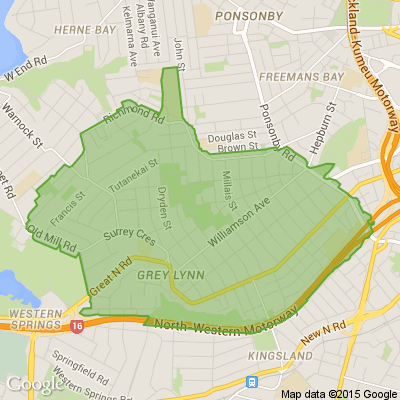Join a Nutrition Research: Weight Loss for Diabetes Prevention
The Human Nutrition Unit (Mt Eden) at the University of Auckland is inviting people at risk of diabetes to participate in a 6-month Weight Loss and Diabetes Prevention Study. We are currently recruiting for May 2023 intake.
You will be required to:
• Attend 7 study visits at the Human Nutrition Unit, in Mt Eden
• Follow the low-energy, Cambridge weight-loss diet for 8 weeks
• Complete a 4-month weight maintenance programme
• Consume feijoa whole fruit powder or placebo-matched powder every day for 6 months
What you will receive?
• 2 months’ worth of meal replacements at no cost
• 9 extensive dietary advice sessions with a Registered Dietitian
• Get free body composition scans to understand your body fat mass, lean mass, and bone mineral density
• Get to try a continuous glucose monitor (CGM) to know what meals raise your blood glucose more than others
• Get to know how many calories your body burns when at rest using an indirect calorimetry
• Your time will be compensated with travel vouchers
Who can participate?
• Have elevated blood glucose but are not diabetic (we can check this for you)
• Are of Māori, Pacific Island, Asian Indian, Asian Chinese or NZ European/Caucasian descent
• Are between 18-70 years
• Have a BMI 26-40 kg/m2
• Are happy to participate in a 6-month weight loss study
• Are happy to consume feijoa whole fruit powder or matched placebo powder every day for eight months
• Are happy for us to provide blood, urine and faecal samples
• Are happy to complete 7 Study Visits to the Human Nutrition Unit
If you would like to learn more about this study, sign up to receive a copy of Participant Information Sheet in your email:
redcap.fmhs.auckland.ac.nz...

Poll: As a customer, what do you think about automation?
The Press investigates the growing reliance on your unpaid labour.
Automation (or the “unpaid shift”) is often described as efficient ... but it tends to benefit employers more than consumers.
We want to know: What do you think about automation?
Are you for, or against?

-
9.5% For. Self-service is less frustrating and convenient.
-
43.4% I want to be able to choose.
-
47.1% Against. I want to deal with people.
Noticeboard
I,v lost the NEW CHANNEL updates for freeview can someone give them to me PLEASE
Valentine’s Special | Custom Massage & Energy Healing
A 120-minute bespoke massage and energy-healing session designed to bring awareness and sensation back into the body. Ideal for a grounding, nervous-system reset, and embodied presence.
Valentine’s Special: $200 (120 minutes)
Session includes
- Intuitive, tailored full-body massage
- Integrated energy-healing work
- Premium organic massage oils
- Custom aromatherapy
- 432Hz healing frequency soundscape throughout
Why Valentine’s?
Valentine’s doesn’t have to be outward or performative. This session is a way to reconnect internally, release stored tension, and return to the body with clarity and ease.
About
Experienced professional masseuse and energy healer. Sessions are one-on-one only and adapted precisely to what the body presents on the day.
Available in Helensville, Auckland CBD, or as a mobile service.
Limited Valentine’s availability.
Message to book or enquire.






 Loading…
Loading…